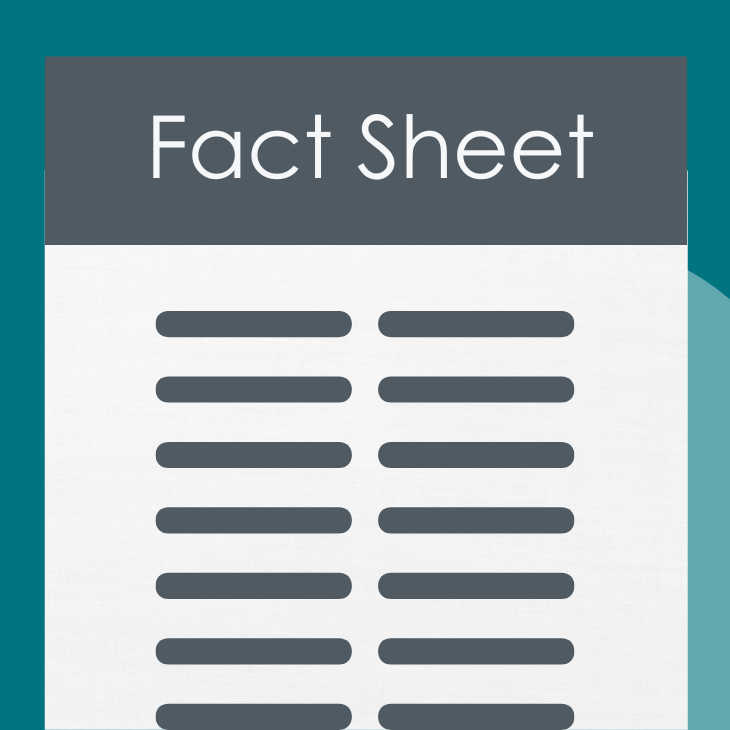
Bioidentical hormone therapy
Revised 2014
What are bioidentical hormones?
Bioidentical hormones are hormones made from plants that mimic hormones your body produces. They may be made to order by a person or pharmacy (compounded) or made in bulk in a factory and regulated by the FDA (U.S. Food and Drug Administration). Some examples include 17-beta estradiol, estrone, progesterone, and testosterone. The term “bioidentical” can be confusing. It is a loosely defined word that does not mean any specific hormone or preparation, does not mean the medicine is more or less safe to use, and does not even mean necessarily that the medicine is found naturally in the human body.What are compounded hormones?
Compounded hormones are a kind of bioidentical hormone. They are hormones made by a local pharmacist, sometimes made individually for a patient. They are not monitored by the FDA. Sometimes they are used when a particular dose of the medicine, or a particular way of taking the medicine, is not available commercially. They can contain one hormone only or a combination of hormones.How are bioidentical hormones regulated?
Commercially produced bioidentical hormones are regulated by the FDA for safety, efficacy (effectiveness), side effects, and content. They are held to the same safety standards as all regulated medicine. Compounded hormones are considered health supplements for regulatory (not safety) purposes. FDA regulations require packaging to warn the consumer about risks, contraindications (situations where the medicine should not be used), and purity of the product. Compounded hormones are not required to provide this information and are specific to the individual patient’s medical history.Dosage (over- or underdosing) and absorption of hormones may determine the safety of the product. Dosage and absorption information are not available for compounded medications. Therefore, women may not receive the dose of hormone they believe is in their medicine. Some compounded hormones are not found naturally in the human body and so their effect, risks, and benefits are unknown. Unlike commercially available bioidentical hormones, compounded hormone formulations are not monitored by the FDA, so safety information is largely unknown.
Are compounded bioidentical hormones more effective than commercially available formulations?
There is no medical evidence to suggest that compounded hormones are more effective than commercially available bioidentical hormones. Customized compounded hormone regimens may add additional health risks due to lack of safety information, variable absorption, and variable purity. Individualized hormone preparations are not more effective than standard hormone preparations, regardless of blood, urine, or saliva testing of individual hormone values.Should patients use bioidentical hormones?
Patients should consult their physician for treatment recommendations. Hormone therapy should be individually tailored based on each patient’s needs, medical history, and risks. Patients should be told the risks and benefits of each hormone, the route of hormone delivery, and the safety profile. Many different formulations of bioidentical hormones are available in commercial and compounded form, including 17-beta-estradiol, estrone, progesterone, and testosterone in oral, vaginal, and transdermal (through the skin) routes.| Type | Compounded | Comercially Produced |
| FDA regulated | No | Yes |
| Dosage information provided | No | Yes |
| Absorption information provided | No | Yes |
| Safety information provided | No | Yes |
| Found in human body | Some | Yes |
Fact Sheets/Booklets
View more fact sheets and booklets written by the ASRM Patient Education Committee.
Menopausal Transition (Perimenopause): What Is It?
The menopausal transition (perimenopause) is the period that links a woman’s reproductive (childbearing) years and menopause.
Osteoporosis
Osteoporosis and osteopenia are conditions of having low bone mass (density).
Hyperprolactinemia (High Prolactin Levels)
Prolactin is a hormone produced by your pituitary gland which sits at the bottom of the brain.Menopause
Find a Health Professional
Connect with reproductive medicine experts who will guide you through your unique journey. Our search tool allows personalized matches based on location, specialization, and expertise. Take control of your reproductive health with compassionate providers, innovative treatments, and unwavering support.
Search for an Expert










